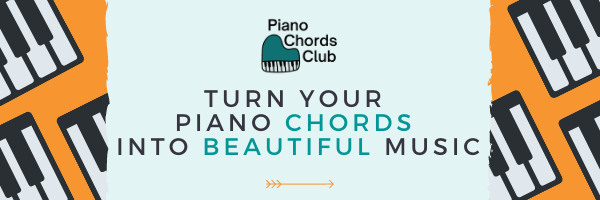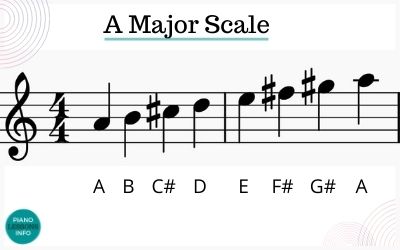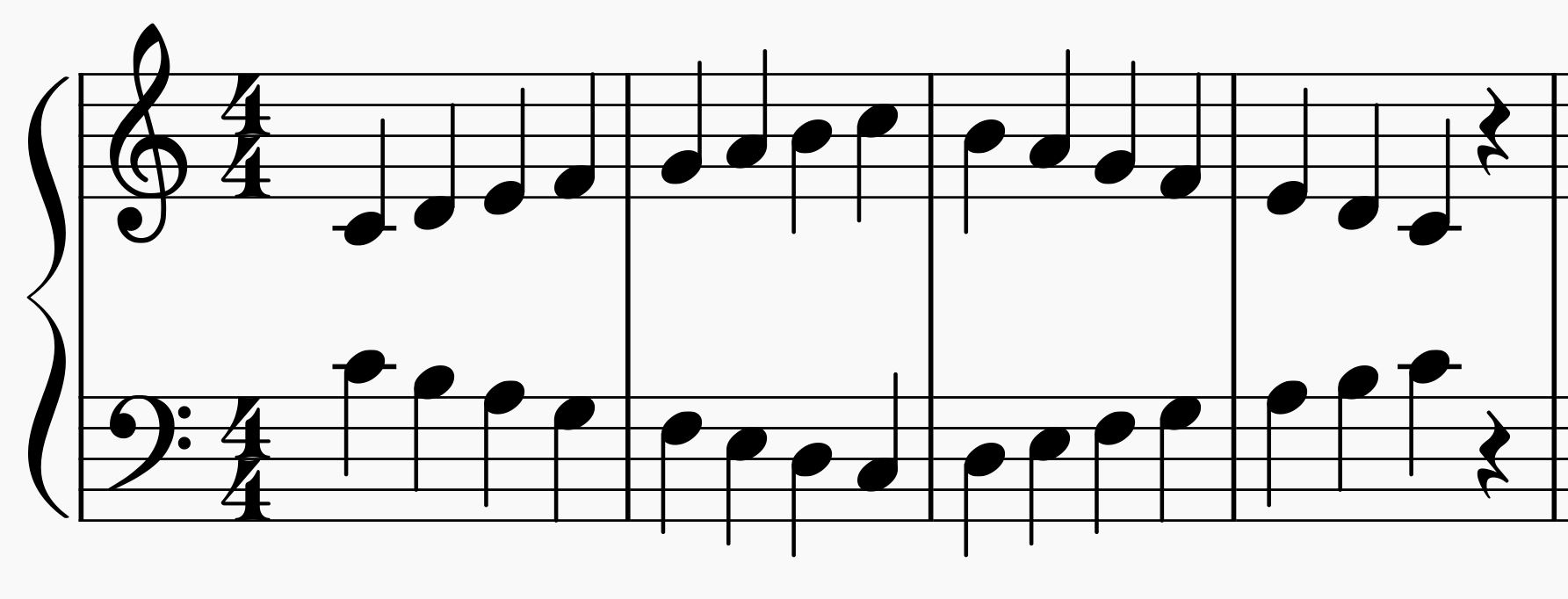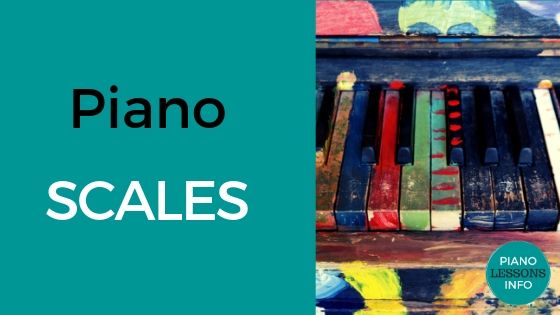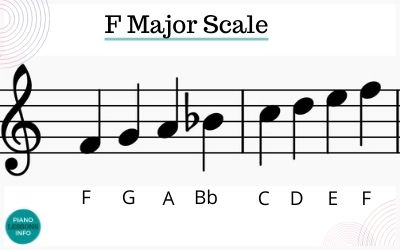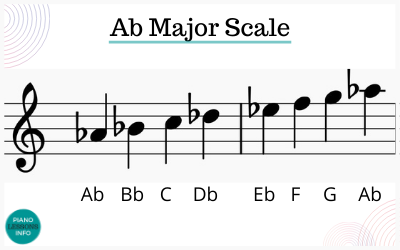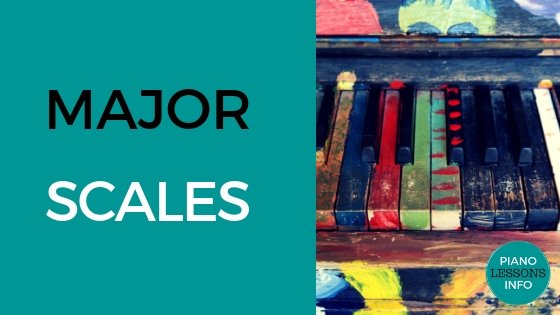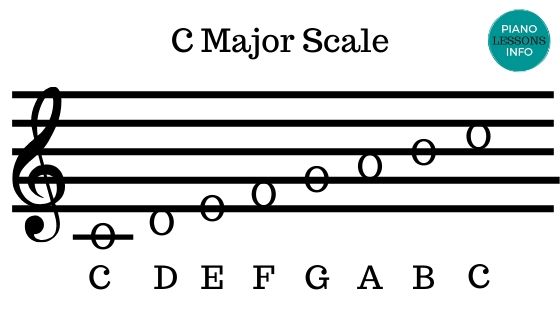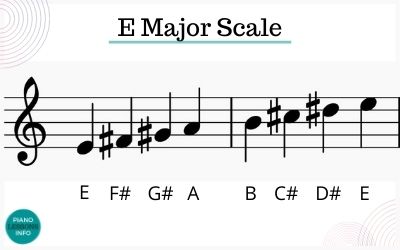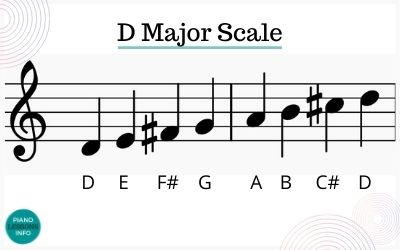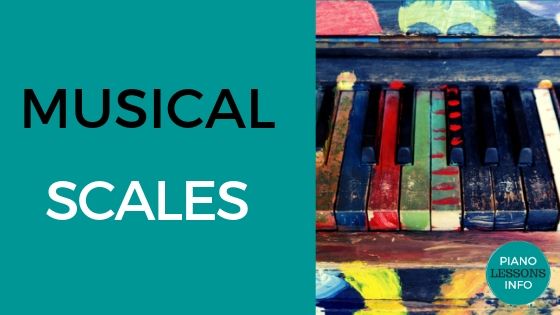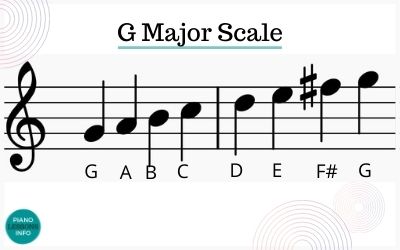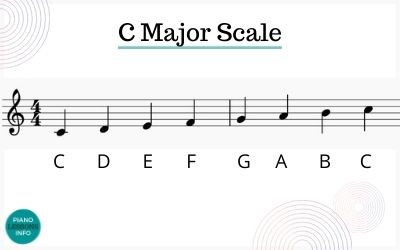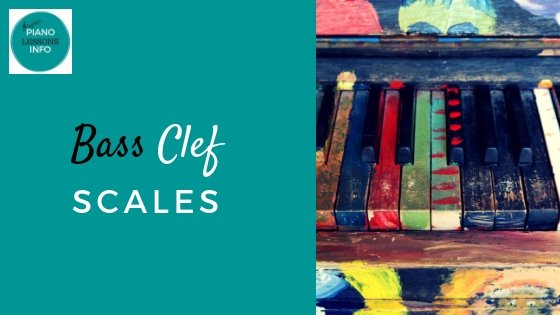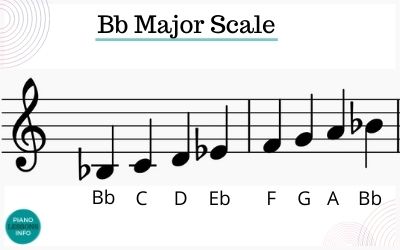Why Learn Piano Scales? 5 Important Reasons
Scales aren't necessarily the most fun or creative thing to play and it may cause you to ask, why learn piano scales?
My teenage piano-learning self learned piano scales for classical music exams and I considered it a necessary evil. But now, I really do understand and appreciate the value of piano scales.
And here, we'll go through 5 important reasons why you should learn (and get better at) your scales.
Note: this lesson is part of the 8 week scales challenge. Have you joined in? If not, you can join the scales challenge here.
Why Learn Scales? Video:
1. Improve Your Hand Coordination
One great reason to learn and practice scales is for hand coordination. Once you start playing scales hands together, you can work on making both hands hit the notes at the exact same time.
This also helps you to notice which fingers cooperate a bit less than others - and you can give those extra attention.
Here are some tips for hand coordination and playing scales:
1. Play so slowly that you can easily play a scale hands together and have both hands playing what they should at the exact same time. (And by slowly, I really mean s-l-o-w-l-y ...)
2. Record this speed with a metronome.
3. Move your metronome up a notch or two and see how accurate you can play your scale. Once you've got it down, keeping speeding it up.
Now if hand coordination is something you know you need to work on, I'd recommend playing your scale only going up (ascending) to begin with. Start moving back down again after going up only seems too easy.
2. Learn Key Signatures
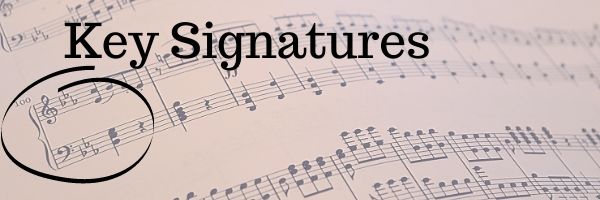 Why Learn Piano Scales? To Understand Key Signatures!
Why Learn Piano Scales? To Understand Key Signatures!One really important reason why you should learn piano scales is to learn and remember key signatures.
In fact, this is one of my primary reasons for running the scales challenge.
When you learn a scale, you learn which key it is in. And you know which sharps or flats are in that scale.
Knowing a key opens things up for you. You can:
- understand chord formulas better
- you can play within a key (using written music or not)
- you can improvise and embellish what you're playing because you know the key
- and more!
So for this reason alone, knowing your scales - especially major scales - is very important.
3. Helps You Learn Chord Formulas
One of the ways to know and understand chords is to learn chord formulas. Chord formulas are built off of the major scale.
So if you know a major scale (say C major scale) and you know a chord formula (major chord = 1st, 3rd, 5th notes of a scale), you can figure out a C chord (C E G).
Some chord formulas ask you to lower or raise a note. In order to do this, you need to know the key signature or the scale. So knowing a scale is really helpful here.
My whole understanding of chords and how I teach chords is built off of the major scale - so this is a great reason why you should learn scales.
4. Build Your Ability for Improv & Embellishment
When you know a scale and therefore a key, it gives you a structure to play within. When you start playing a chord progression (which will be within a key signature), you will be able to play other notes outside of the chord or written melody that will sound fine - or even great.
Improvisation requires a structure or foundation to improvise within. Now improv and the scales used to improvise are a whole art and science within itself. But a great basic way to start here is to use a major scale to work off of.
When you want to embellish a melody while playing chords, knowing which other notes you can add in - from the major scale of the key you're playing in - is really helpful. It saves you from playing random notes and instead gives you a few great notes to add in. Most of which will work.
Here's an example:
Key / Scale: C
Chord progression: C Am F G
When you play any of these chords, you can add in notes, generally outside of the main melody, from the C major scale. Notes that are not part of the chord can be used as passing notes (going from one melody note to another) or to add in a bit of interest.
 Why Learn Piano Scales? They Help With Movement.
Why Learn Piano Scales? They Help With Movement.5. Accuracy, Fluency, Flexibility & Finger Muscles
The final reason for why learn piano scales may be the one you would have guessed. And this was the one that I thought was the only reason to play scales growing up.
Scales basically condition your fingers physically. It's a form of exercise and also a great way to warm up your fingers.
Playing scales helps you:
- play notes with increasing accuracy
- develop muscle memory that can be really helpful with written and classical piano music
- help your fingers to move with fluency along the keys
- develop flexibility and movement
- build strength in your fingers
It's basically like going for a run ... but for your fingers.
Are You Convinced?
So there are lots of great reasons to learn scales. Which one is most important to you?
If you'd like to learn some major scales now, you can visit the major scales page or join the 8 week major scales challenge.
Recent Articles
-
Piano Notes Chart
Nov 20, 23 10:21 PM
Find a piano notes chart for treble clef and bass clef notes as well as the different types of notes. -
D Chord on Piano + Diagram, How To & Theory
Oct 24, 23 12:20 AM
Learn how to play the D chord on piano with diagram, fingering, D/A, D/F# and a theory explainer. -
Diminished Piano Chords: Chart & How to Make Them
Oct 09, 23 09:23 PM
Learn the different diminished piano chords and how to make them. Here you'll find both a diminished chord chart and an explanation.



